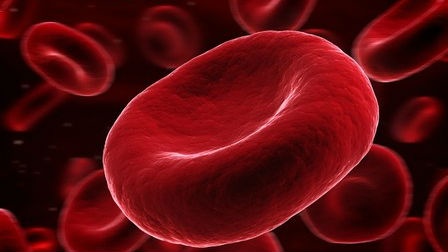On 27 March 1914, Belgian doctor Albert Hustin conducted the first non-direct transfusion.
Today, the components of donated blood are used to treat cancer, in surgery and to help repair damaged body tissue. In 2012, over two million blood donations were collected in the UK alone.
At an event on Monday (April 14) University of Aberdeen Professor Mark Vickers and NHS Grampian Consultant Haemotologist Henry Watson will discuss what happens to donated blood and the pros and cons of transfusion.
Their talk – which begins at 6pm at the the Suttie Centre, Foresterhill - takes place as part of the institution’s Café MED series that brings together leading figures in medicine and biosciences, offering the public the chance to hear the latest thoughts, findings and ask questions about their work.
Professor Vickers said: “Many different patients benefit from blood transfusion, dramatically so when being treated for massive bleeding after accidents or childbirth. Others depend on plasma, platelets, stem cells and clotting factors. All these treatments depend upon a wonderful group of people - the donors. In this talk, we will talk about where blood goes, the risks of blood transfusions and future developments.”
Professor Vickers was recently interviewed for the BBC Schools Report on the anniversary of the first blood transfusion. You can listen to the interview here http://www.blatchingtonmill.org.uk/bbc-school-report#.U0JoNPnViSo .
All Cafe MED events are free to attend and consist of an open and relaxed discussion. No booking is required.
The relationship between exercise and health will be among the topics covered in upcoming talks in the series.
The University's café discussion series are supported by a science engagement grant from the Scottish Government. Full details of all current programmes can be found at www.engagingaberdeen.co.uk and at www.facebook.com/cafemedaberdeen .


